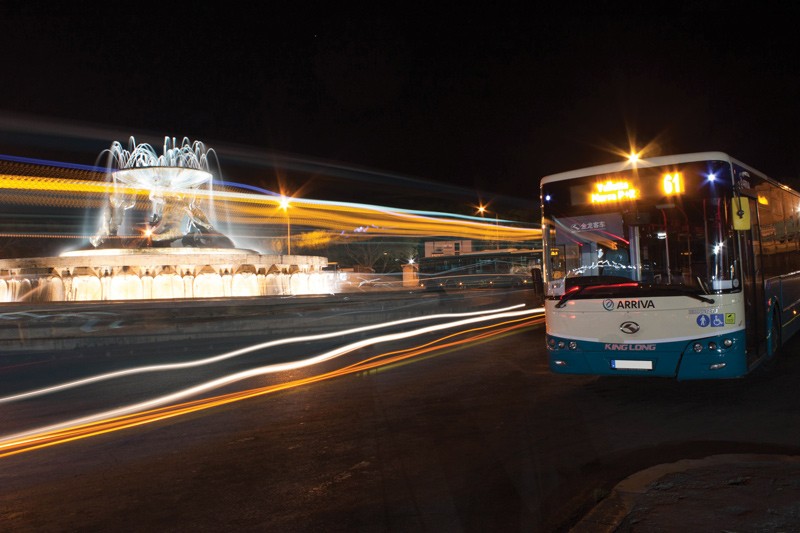Can the EU empower women in Afghanistan
The European Union’s success relies on positive relationships—cooperation and good will is key. The EU’s Development and Cooperation Policy exists to support these connections. Its focus is on external relations, establishing partnerships with developing countries and channelling billions of euros to them every year. The European Commission plays a crucial role in this regard, managing and implementing directives on behalf of the EU. But what do we really know about the effectiveness of EU aid in helping citizens in developing countries? And how far is female empowerment part of this agenda?
In short—we don’t know much!
Research in this area is scarce, and this is what prompted me to tackle this question myself, under the supervision of Dr Stefano Moncada. My specific focus was on assessing whether the EU is committed to gender equality and female empowerment, taking Afghanistan as a case study. I reviewed all the available aid programming documents from the last financial period, and assessed whether the EU was effectively supporting Afghanistan to achieve the fifth Sustainable Development Goal (SDG) of gender equality. I adopted a mixed-method approach, using content analysis and descriptive statistics. Basically, this meant coming up with a very long list of keywords related to gender, and checking how many times these words appeared in the policy documents. Whoever invented the ‘ctrl + F’ function saved my academic life!

The results of my research were pretty surprising. I found that the EU is now focusing much more on gender empowerment on the ground in Afghanistan than it did a few years ago.
According to my data, and when comparing this to previous studies, it appears that the EU’s commitment to supporting this goal is growing over time. However, I also found that there is substantial room for improvement, as the attention given to such issues is rather conservative, and not equally balanced across all the SDG targets. For example, the need to increase women’s employment is mentioned many more times than the need to support female education or political participation. This is surprising as education is key to many other improvements in wellbeing. Nevertheless, I believe the overall results are encouraging and important, not only to highlight improvements in the effectiveness of the EU’s development and cooperation policy, but also in reply to a growing sentiment that puts into question the EU’s capacity to manage, and lead, in key policy areas. We can only hope that this continues exponentially.
This research was carried out as part of a Bachelor of European Studies (Honours) at the Institute for European Studies, University of Malta. The dissertation received the ‘2018 Best Dissertation Award’.
Author: Rebecca Zammit
Grassroot legacy
Capitals of Culture want legacy. Wrocław 2016 established a microgrant system for small operators that is still in place. Aarhus 2017 combined qualitative and quantitative methods to evaluate a city’s cultural sustainability. Valletta 2018 wants to leave behind a vibrant grassroots movement actively shaping the country’s cultural policy. Rachel Baldacchino speaks to Szilvia Nagy to find out how this is possible…
Continue readingPlaying with Fire
Climate change is a real threat. The scientific evidence is irrefutable. The problem is that countless talks and rallies calling for action have only pushed things forward at a snail’s pace. Prof. Simone Borg explains why.
Continue reading
Making Tourism Work
Tourism has long been an integral part of the Maltese economy. But a big dose of change is sorely needed if we’re to keep the money coming in without selling our souls in the process. Julian Christopher Zarb explains why.




